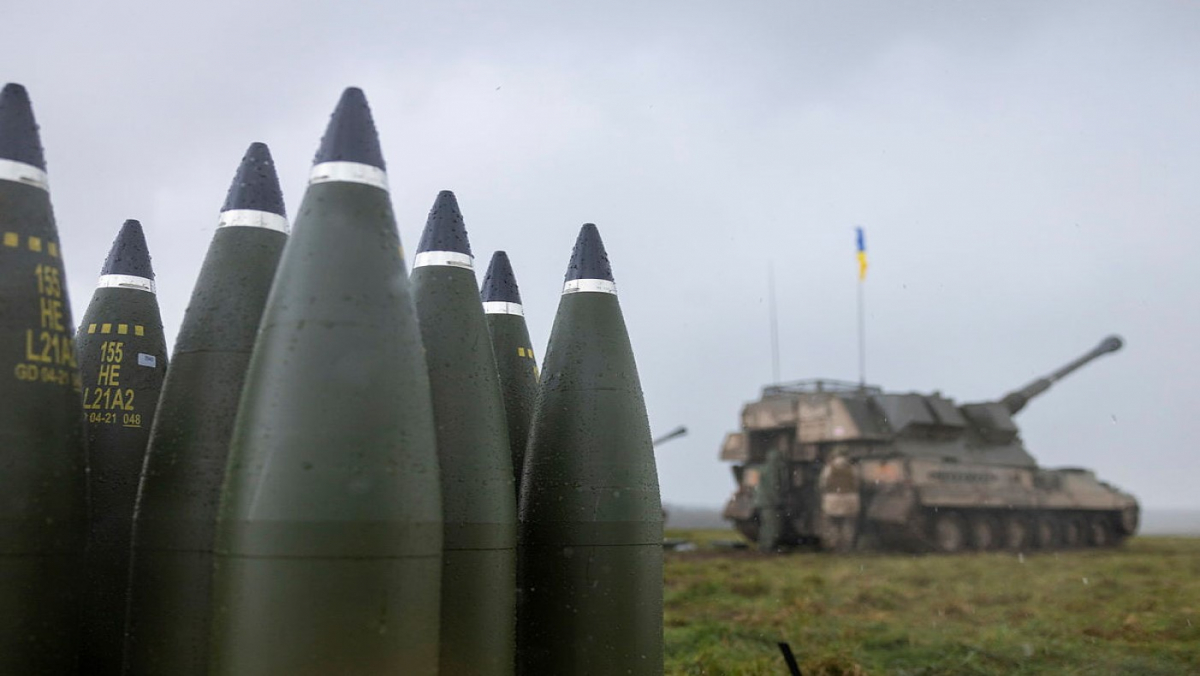uAH 5.4 billion difference: how the audit revealed weaknesses in the system of defense contracts for the Armed Forces of Ukraine
7 October 22:56
Government auditors analyzed contracts signed by the Defense Procurement Agency (DPA) from early 2024 to March 2025. As a result, they found an overpayment of $129 million in Ukraine’s classified arms spending, The New York Times reports.
Komersant analyzed why this happened and what other problems were found during the audit of Ukraine’s defense procurement.
It should be noted that over the past two years, Ukraine has created one of the most dynamic defense industries in Europe. Domestic enterprises produce thousands of artillery shells, armored vehicles, and drones of various types and purposes.
Billions of dollars are spent to support this production, both from the state budget and from European donors. For a country at war, this is a critical sector that ensures the stability of the frontline and gradual autonomy from external arms supplies.
However, despite progress in production, part of defense spending remains classified. This inevitably raises questions about the effectiveness and integrity of the procurement system – especially given the historical problems of corruption in the defense sector.
What exactly did the audit in the field of defense procurement check?
The purpose of the audit was to find out how efficiently public funds are used when signing contracts with private producers.
The results were mixed. The documentation describing the findings of the audit described dozens of cases in which defense contracts were awarded to companies that did not offer the lowest price. It is estimated that the difference between the more favorable offers and the actual contracts is UAH 5.4 billion.
In addition, the auditors documented cases of prepayments for weapons that were not delivered, delays in delivery, and partial fulfillment of contracts.
Cheaper is not always better
The head of the Defense Procurement Agency, Arsen Zhumadilov, said that rejecting cheaper bids does not always mean inefficiency.
According to him, some companies do not meet the key requirements, such as quality, delivery time, payment terms or technical parameters.
Zhumadilov also emphasized that the agency has revised its procedures to make the procurement process fairer and more controlled. One of the steps was to reduce the role of intermediaries, who used to receive significant markups.
Intermediaries and the old procurement model
Until last year, the vast majority of defense procurement was carried out through dealers who took a commission of about 3% of the contract value. According to a separate audit, 83% of all defense procurement contracts were concluded through such intermediaries, rather than directly with manufacturers.
This system created additional risks, ranging from delays in deliveries to an increase in the cost of the final product.
Moreover, there were cases of concluding agreements with companies that did not have their own production facilities or experience in fulfilling defense orders.
Read also: Weapons procurement during the war: how Ukraine lost hundreds of millions through intermediaries
“Political will to do it right”
Tamerlan Vakhabov, a former advisor to the agency, said in a commentary to the media that the key problem is not only the procurement system, but the lack of political will to carry out reforms to the end.
“They overpay for unknown reasons and without justification,” he said, referring to contracts signed at inflated prices.
Experts emphasize that the balance between procurement speed and transparency is extremely fragile in wartime. On the one hand, there is a need to supply the frontline without delays, and on the other hand, there is a risk of repeating old schemes with inefficient use of funds.
Reforms and future integration of structures
Against the backdrop of audits, the Ministry of Defense has decided to reorganize the State Logistics Operator (SLO), the structure responsible for logistics for the army.
Starting in January 2026, it is planned to merge the DOT and the Defense Ministry into one entity that will be responsible for all logistics and procurement processes. Until then, the commission should coordinate the work of the two institutions, synchronize strategies, unify procedures, and adapt the legal framework to modern requirements.
The Ministry believes that this approach will allow for more efficient use of budgetary resources and strengthen control over every hryvnia spent on defense.
It should be noted that both agencies were created as independent entities with separate supervisory boards and operate in different markets. The DOT is responsible for procuring food and property for the Defense Forces using the Prozorro system, while the SDO deals with weapons and ammunition, where most contracts are closed and concluded without tenders on international markets.
Balance between secrecy and accountability
The report of the government auditors does not contain direct accusations of embezzlement or abuse, but it does show weaknesses in the functioning of the defense procurement system.
Analysts warn that secrecy, which is justified in times of war, should not completely exclude public scrutiny.
Дивіться нас у YouTube: важливі теми – без цензури
Ukraine has already been recognized by international partners for its attempts to reform military procurement. However, the trust of donors and allies directly depends on how systematically the state can demonstrate real changes – from reducing the role of intermediaries to introducing clear standards for verifying contractors.
The development of the domestic defense industry is one of the key elements of Ukraine’s resilience. However, the success of this strategy depends not only on the number of produced shells or drones, but also on the transparency of the financial flows behind these productions.
Internal audits are the first step towards eliminating old practices. The next is to create a control system that works even during the war without slowing down production.
Ukraine has a chance to show that it can simultaneously fight, develop its own industry, and remain accountable not only to its partners but also to its own society.
Читайте нас у Telegram: головні новини коротко









